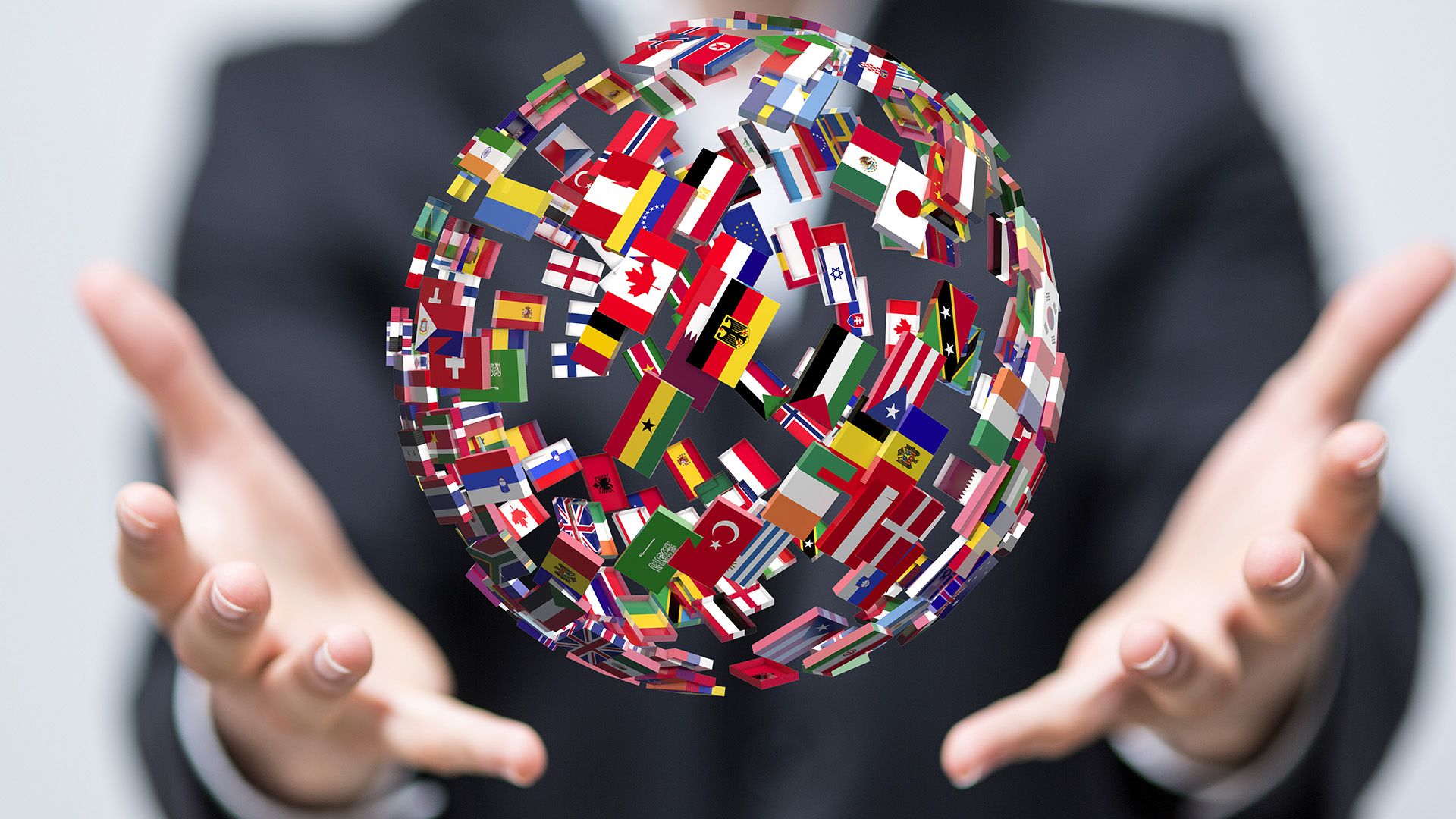
In today’s globalized world, legal transactions often transcend borders, involving individuals and entities from different linguistic backgrounds. Whether for contracts, court documents, patents, or immigration paperwork, the need for accurate and reliable legal translation services has never been more crucial. Legal translation involves the precise translation of legal documents from one language to another while preserving their original meaning, context, and intent. Given the intricacies of law and language, legal translation requires a high degree of expertise to ensure that the translated text is both legally sound and culturally appropriate.
Why Legal Translation Matters
Legal documents are inherently complex and often contain specialized terminology that can vary widely across different legal systems. A minor error or misinterpretation in translating legal texts could have serious consequences, leading to misunderstandings, disputes, or even legal liabilities. For example, a contract that is poorly translated could result in one party not understanding their rights or obligations, while incorrectly translated immigration forms might delay a person’s application or lead to its rejection.
Legal translation ensures that the meaning of a document remains intact, regardless of the language it’s being translated into. To achieve this, translators must not only have an exceptional command of both the source and target languages, but they also need to understand the legal systems in both cultures. This specialized knowledge helps avoid ambiguity and ensures that legal terms are translated accurately.
Types of Legal Documents Requiring Translation
Legal translation services cover a wide range of documents, each with specific requirements. Some of the most common types of legal documents that require translation include:
- Contracts and Agreements: From business contracts to personal agreements, these documents need to be translated with precision to ensure both parties understand their obligations and rights.
- Court Documents: Legal proceedings may require documents like petitions, witness statements, and judgments to be translated for the involved parties.
- Immigration Documents: Immigration forms, visas, green cards, and other official documents require accurate translation to avoid delays or errors in processing.
- Patents and Trademarks: Legal translation is essential when translating intellectual property documents such as patents, trademarks, and copyrights to ensure they are protected across borders.
- Corporate Documents: For businesses expanding internationally, documents like bylaws, annual reports, and corporate policies often require translation for compliance with foreign regulations.
- Notarized Translations: In some cases, legal documents must be certified or notarized. Professional translation services ensure that these translations are legally acceptable for official use.
Challenges in Legal Translation
Legal translation is not a straightforward task. It is fraught with challenges that make it different from regular translation work. Some of the key challenges include:
- Legal Terminology: Legal systems vary significantly from country to country, and certain legal concepts may not have direct equivalents in other languages. This can make it difficult to find the appropriate translation without altering the meaning of the original text.
- Cultural Context: Legal translations must be culturally sensitive and account for differences in legal practices between different jurisdictions. What may be a standard legal practice in one country could be completely different in another.
- Precision and Accuracy: In legal translation, there is little room for error. Even the smallest mistranslation could change the meaning of an entire document, which could have dire legal consequences.
- Confidentiality: Legal documents often contain sensitive information that needs to be protected during the translation process. Ensuring confidentiality and data security is paramount when choosing a legal translation service.
The Role of Professional Legal Translators
Given the specialized nature of legal translation, it is crucial to rely on professional translators with experience in both the legal field and the target language. Professional legal translators undergo extensive training to familiarize themselves with legal terminology and the nuances of both the legal systems and languages they work with. This expertise ensures that translations are not only linguistically accurate but also legally sound.
In addition, many legal translations require certification to ensure their authenticity. Certified translations carry a declaration from the translator or translation agency confirming the accuracy of the translation and are often necessary for official purposes, such as submitting documents to courts or government agencies.
Conclusion
Legal translation services are essential for ensuring that legal documents are accurately understood across linguistic and cultural boundaries. Whether for business, immigration, or court matters, these services help ensure that no meaning is lost in translation. However, legal translation requires more than just fluency in different languages; it demands specialized knowledge of legal systems, terminology, and cultural nuances to guarantee the highest level of accuracy and reliability. By working with certified and experienced legal translators, individuals, and businesses can avoid costly misunderstandings and ensure that their legal affairs are properly handled in a multilingual world.